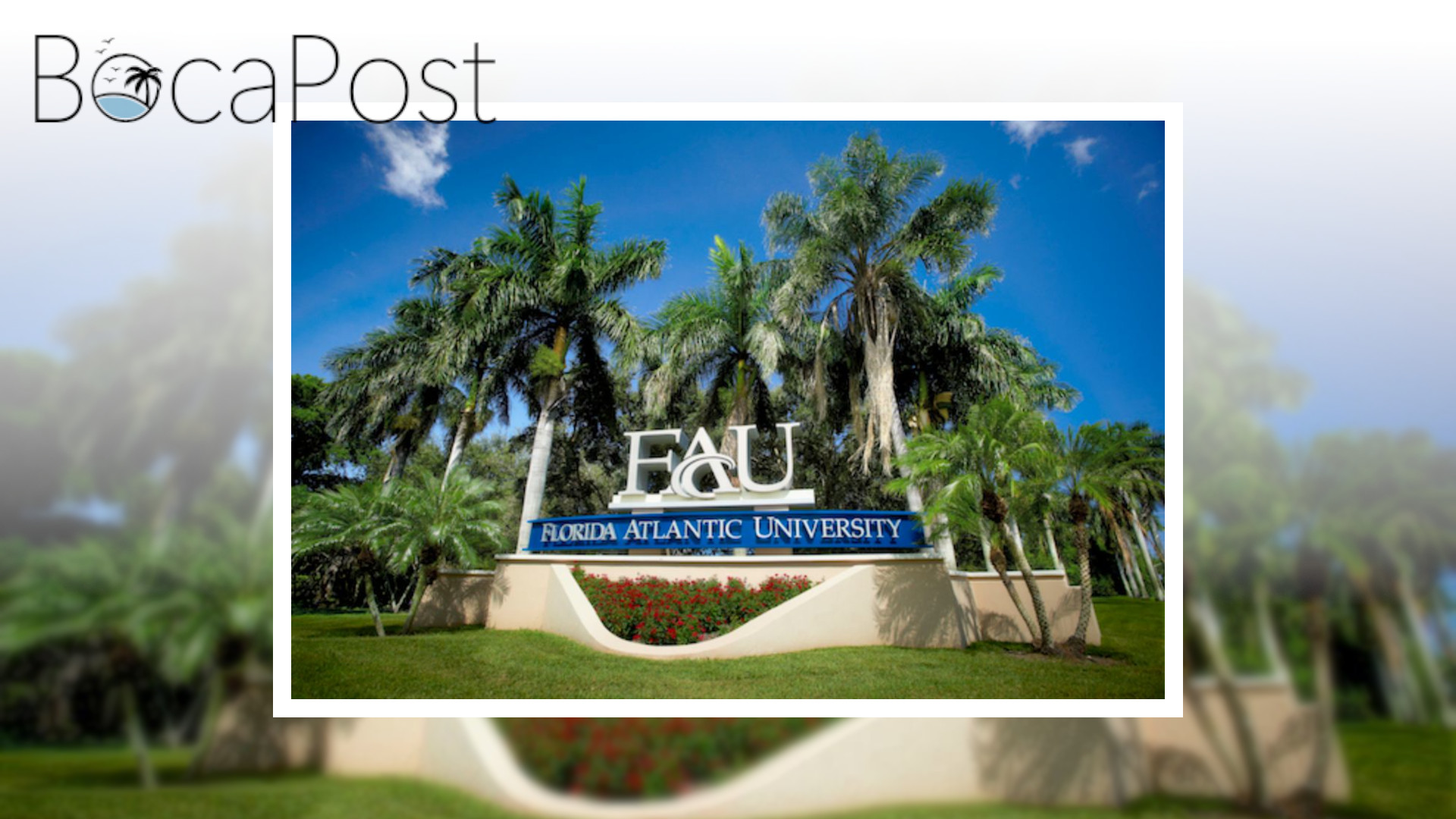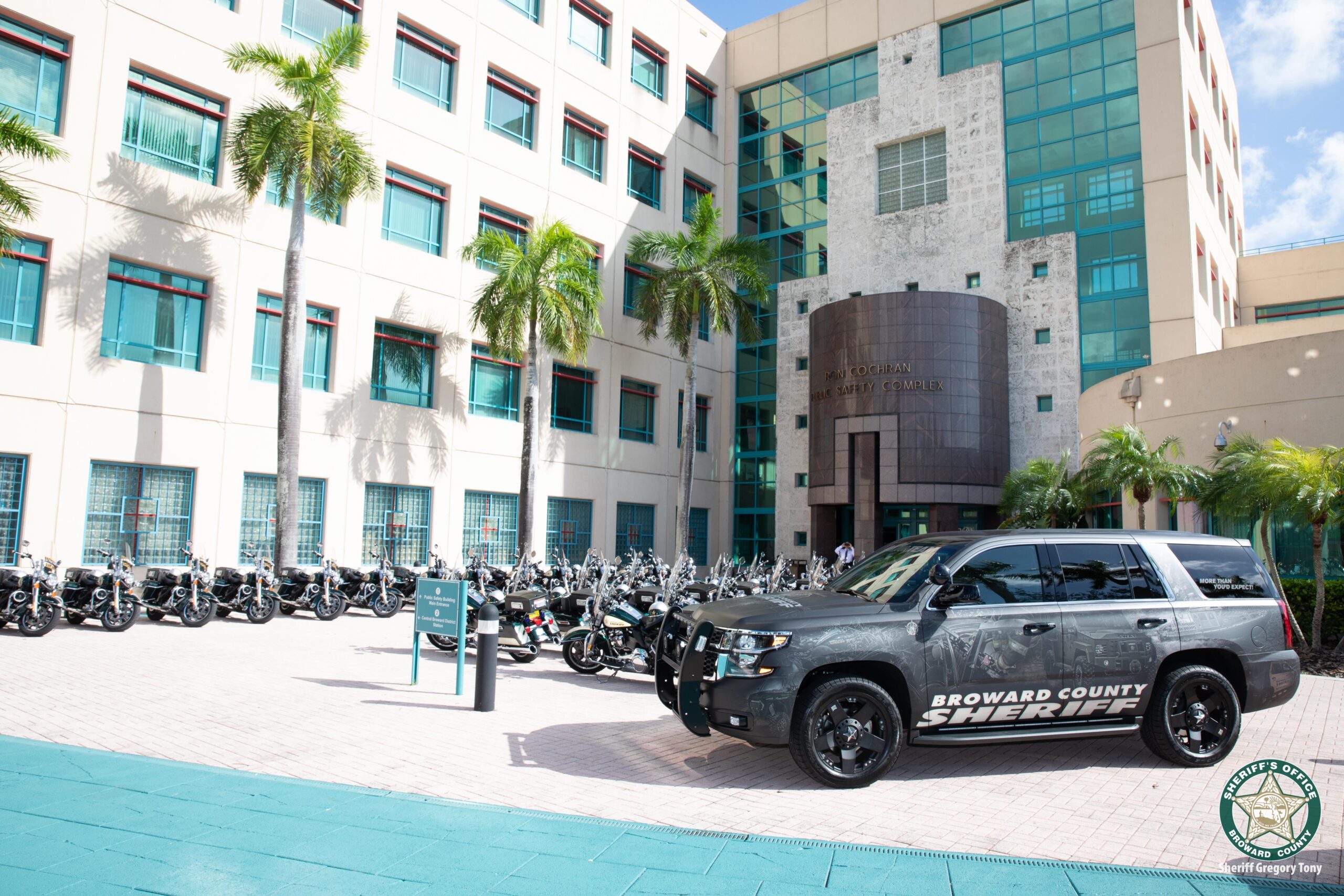BOCA RATON, FL (Boca Post) (Copyright © 2025) — Florida Atlantic’s been climbing the charts this year, enough to land in the Top 100 Public Universities for the first time, according to U.S. News & World Report — a point the school’s been quietly proud of over on Glades Road. The R1 research label is still there, too, paired with that “Opportunity University’’ tag that’s supposed to say something about access and outcomes. It’s all part of the pitch.
At the same time, Boca Raton Mayor Scott Singer is making the case to New York corporations to move their headquarters to Boca Raton.
Now the bill comes due, sort of.
FAU will take a proposal to its Board of Trustees on Tuesday, Nov. 18, asking for a 15% bump in non-resident tuition starting Fall 2026. Out-of-state families only. In-state students won’t see a change. It’s the first time in more than a decade the university’s tried to nudge those rates up, and administrators say the delay was intentional since rolling out a hike for Fall 2025 felt too abrupt for anyone who’d already made plans.
The push follows the State University System’s decision to let campuses raise non-resident tuition, which many already did. FAU waited, though—maybe out of courtesy, maybe because timing matters when you’ve got 57,000 applications coming in during a record year.
Undergrad non-resident fees would move from $493.86 to $567.94 per credit hour, with the total per-credit price climbing from $721.84 to $799.72, according to the Budget and Finance Committee documents. Grad students see a similar step, from $623.80 to $717.37 on the non-resident line alone. The College of Medicine entry jumps from $34,421 to $39,584.15. Numbers that make your eyes blur after a long evening in the Student Union, but they add up fast.
This all starts Fall 2026–27, not sooner.
FAU says the extra revenue helps cover rising instructional and operational costs, the usual mix — keeping programs competitive, holding on to faculty, dealing with the real-world price of doing business when your campus runs from PBSC’s border down toward 20th Street. And even with the increase, the school insists it will remain among the country’s most affordable options for out-of-state students.
Florida’s higher-ed system being ranked No. 1 in the nation doesn’t hurt the argument. The state keeps tuition low, pumps in funding, and then universities like FAU point to the results. This year’s freshman class was described as the most academically competitive in school history. The phrasing’s a little polished, but the trend line looks real.
The meeting’s set. Trustees will hear it, likely debate it a bit — maybe not long — and then vote.









0 Comments